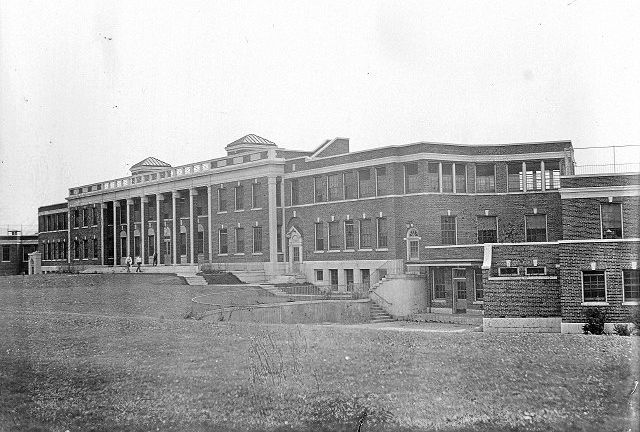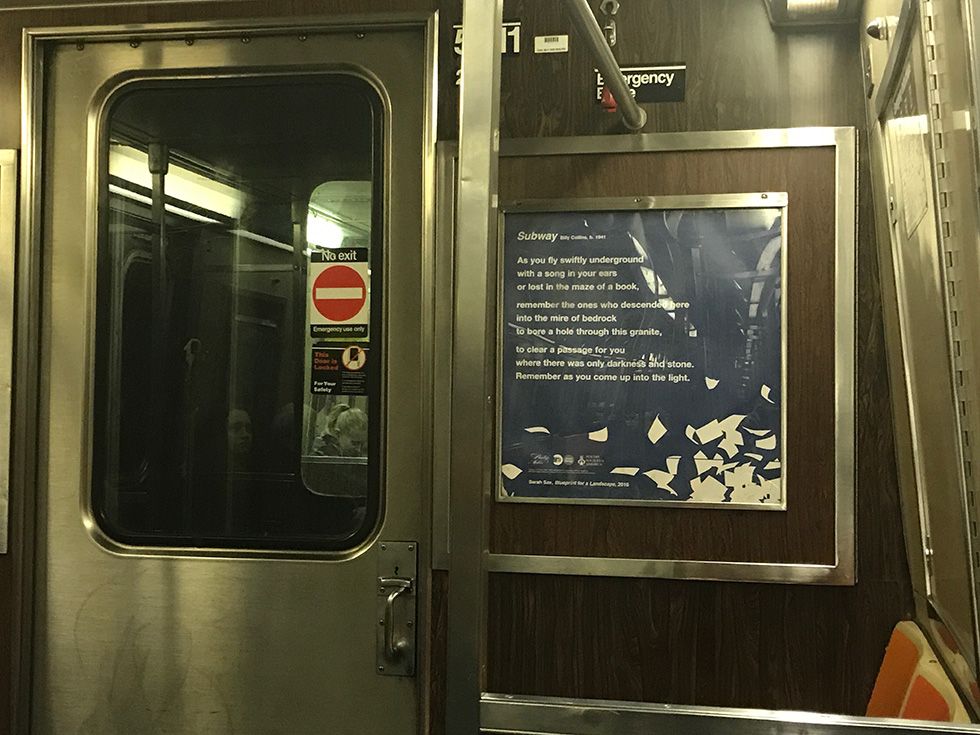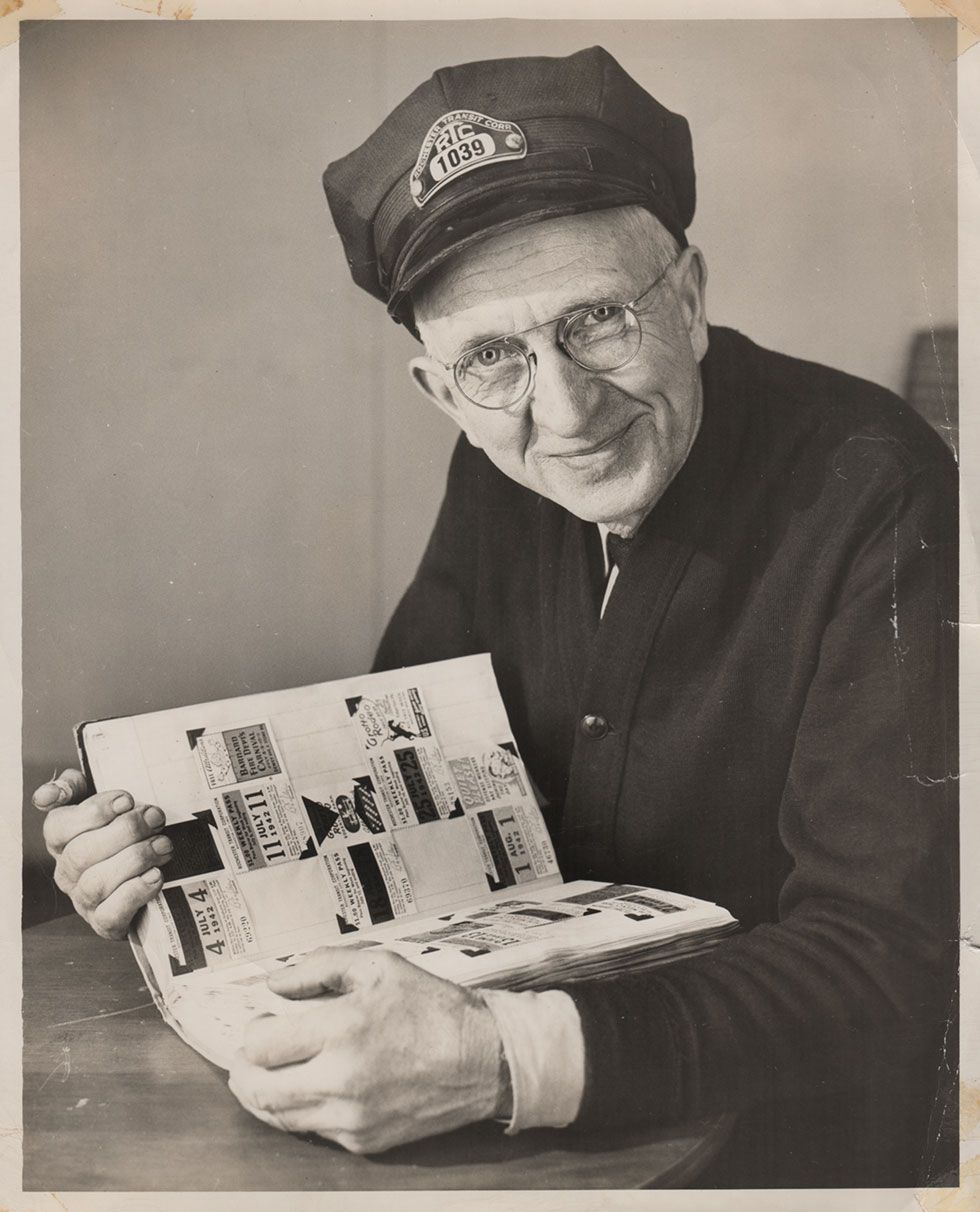This article was scraped from Rochester Subway. This is a blog about Rochester history and urbanism has not been published since 2017. The current owners are now publishing link spam which made me want to preserve this history.. The original article was published June 13, 2013 and can be found here.
![Monroe County Tuberculosis Sanatorium, Children's Building. To be demolished. [PHOTO: Albert R. Stone, 1911.]](https://senseofplace.dev/content/images/photos/iola-tuberculosis-sanatorium-1911.jpg)
The following is a guest post submitted by Joel Helfrich .
Submit your story today . It is through the process of defining what we want as a town that we are becoming a real community. It is through the act of participation that we change. This is not simply a story of not-in-my-backyard. It is the unfolding tale of how a small community ... is rising to its own defense, saying, we believe we have a stake in the future of our own community, which we choose to define beyond our own boundaries of time and space and species...
![Hojack Swing Bridge. Demolished 2012. [PHOTO: Rochester City Photo Lab, c1910-1920.]](https://senseofplace.dev/content/images/photos/hojack-swing-bridge.jpg)
A crisis woke us up. A shared love of place opened a dialogue with neighbors. We asked for help. We found partners. We used our collective intelligence to formulate a plan. And then we had to search within ourselves to find what each of us had to give.
![Cataract Brewhouse. Demolished 2012. [PHOTO: Albert R. Stone]](https://senseofplace.dev/content/images/photos/genesee-brewery.jpg)
In my private moments of despair, I am aware of the limits of my own imagination. I am learning . . . that imaginations shared invite collaboration and collaboration creates community. A life in association, not a life independent, is the democratic ideal. We participate in the vitality of the struggle. ...We trust--and trust is imperative--that we can create an economically viable and ecologically sustainable plan for the town, the land, and its creatures...
![Our Lady of Mercy. Demolished 2013. [PHOTO: James Johnson via Landmark Society of Western NY]](https://senseofplace.dev/content/images/photos/our-lady-of-mercy-greece-ny.jpg)
In our increasingly fundamentalist country, we have to remember what is fundamental: gravity--what draws us to a place and keeps us there, like love, like kinship. When we commit to a particular place, a certain element of choice is removed. We begin to see the world whole instead of fractured. Long-term strategies replace short-term gains. We inform one another and become an educated public that responds. -- Terry Tempest Williams, author and environmental activist, in The Open Space of Democracy
Please share your thoughts regarding sense of place and environmental consciousness. What does the quotation above mean to you? Are these words, originally detailing efforts to think critically and preserve wild lands in Southern Utah, applicable to Rochester? Do they relate to loss of the Hojack Swing Bridge , the Cataract Brewery buildings, St. Ann's tower , Our Lady of Mercy rectory

in Greece, and the proposed demolition of the Iola Tuberculosis Sanitarium campus buildings for CityGate ? Is there a community of people out there that cares about development in general in Rochester or in particular in the city, the rate and, more significantly, types of "growth" that we are witnessing, the loss of more of Rochester's historic fabric, and the limited number of projects with any "green" features and elements? What are your thoughts? * * *
About Joel Helfrich:
Joel Helfrich is a father, educator, historian, and activist who works on animal rights, environmental, historic and sacred sites preservation, and social justice issues.


